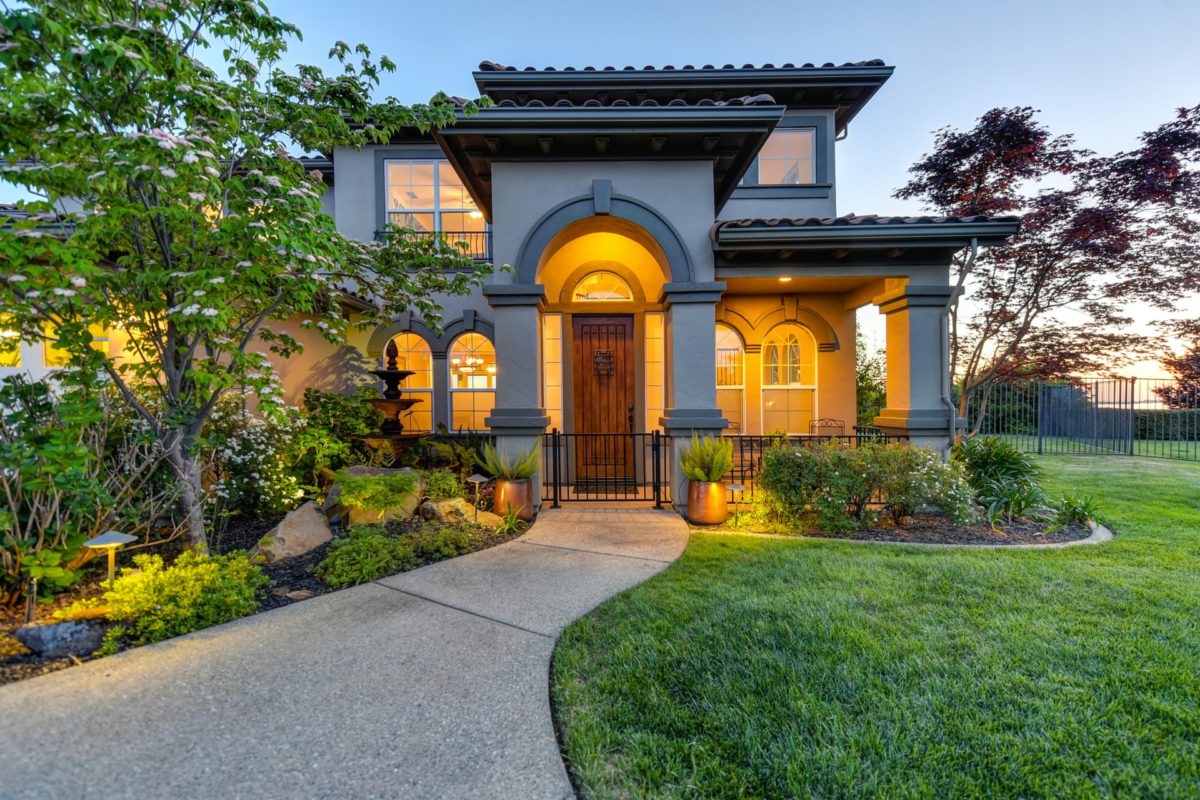Putting money into high-end real estate represents a captivating opportunity for individuals looking to diversify their portfolios and elevate their financial status. As luxury real estate barcelona for high-end properties continues to rise, savvy investors are increasingly drawn to the appeal of exclusive homes, renowned locations, and the promise of significant returns. The appeal is found not only in the tangible assets, but also in the way of life and prestige that comes with ownership of such properties.
Luxury real estate is often beyond a financial investment; it embodies a blend of luxury and security. Many investors discover that high-value properties can tolerate economic downturns more resiliently than other segments of the market. With global wealth on the rise and affluent buyers looking for stability in tangible assets, the potential for growth in the luxury market stays robust. Comprehending the dynamics of this sector can empower investors to make wise decisions that correspond with their financial goals.
Property Insights in Luxury Property
The premium real estate market has shown significant strength in the past few years. While traditional economic indicators can influence overall property values, premium properties often behave separately due to their distinct appeal and the demographics of their buyers. Wealthy individuals are typically less impacted by economic downturns, creating a consistent demand for luxury properties. Recent data indicates that even during challenging times, luxury real estate transactions have maintained solid momentum in high-demand locations, driven by both homegrown and international buyers seeking to broaden their investments.
Technological advancements have also shaped the premium real estate market, with online tours and sophisticated online listings reshaping how buyers approach their property searches. The demand for smart home features and sustainable living options is on the rise, as affluent buyers increasingly seek homes that offer both ease and advancement. This shift is inspiring developers to integrate eco-friendly elements and cutting-edge technology into their high-end properties, appealing to buyers looking for up-to-date amenities that improve their lifestyle.
Additionally, urbanization and changing consumer habits are driving trends in high-end property. High-net-worth individuals are drawn towards city areas where cultural offerings, high-end restaurants, and premium retail are abundant. However, there is also a significant shift toward suburban high-end homes as work from home becomes a lasting trend. Buyers are now interested in properties that offer larger living spaces and outdoor areas, merging the allure of city life with the tranquility of more ample environments, creating prospects for investment in diverse luxury markets.
Perks of Investing in Premium Properties
Investing in luxury properties offers significant opportunity for asset growth. Luxury real estate tends to appreciate at a faster rate compared to regular properties, due to high demand in desirable locations and limited supply. Purchasers are often motivated by the need for exclusivity and lifestyle enhancements, which can result in bidding wars and drive prices up. As urban development and economic growth continue in attractive areas, the value of luxury properties can increase significantly, making them a valuable investment over time.
Furthermore, investing in high-end real estate is the reliable rental income it can create. Premium properties generally attract affluent tenants prepared to pay higher rents for high-quality living spaces. This reliable cash flow can give investors with a steady income flow, especially in areas that experience low vacancy rates and high demand. Furthermore, the possibility for short-term vacation rentals in luxury markets can increase profitability, as luxurious travelers seek unique and opulent accommodations.

Lastly, luxury properties often come with distinct benefits not found in lower-end investments. Investors can benefit from dual perks of personal use and investment potential, allowing them to experience the property personally while also generating income. Additionally, high-end real estate can serve as a hedge against inflation, as luxury assets often to hold onto or grow their value over time. The status associated with high-end properties may also boost one's portfolio and attract further investment opportunities, making high-end real estate a wise choice for savvy investors.
Risks and Considerations for Investors
Placing funds in high-end real estate can produce considerable returns, but it is crucial to be cognizant of the intrinsic risks. One key risk is market volatility; luxury properties can be especially vulnerable to financial slumps. When economic conditions worsen, the demand for high-end properties often diminishes, leading to reduced prices and likely substantial financial losses for investors. Therefore, a detailed analysis of market trends and economic indicators is essential before making any investment decisions.
Moreover, luxury properties often require higher ongoing costs, including maintenance, property management, and insurance. Investors must account for these expenses and ensure they have a strong financial plan in place to handle them effectively. Failing to include these additional costs can lead to reduced profits or even financial strain, especially if rental income does not meet expectations. It is crucial to conduct comprehensive due diligence to evaluate these financial commitments.
Finally, the luxury real estate market can sometimes be illiquid, meaning that selling a property may take longer than expected. Investors should be ready for the possibility that they may not be able to sell their property swiftly or at the target price, particularly in a slower market. Understanding local market conditions and having a well-defined exit strategy can help reduce the consequences of this potential liquidity risk. It is wise to work with experienced real estate professionals who can provide valuable insights and guidance throughout the investment process.
